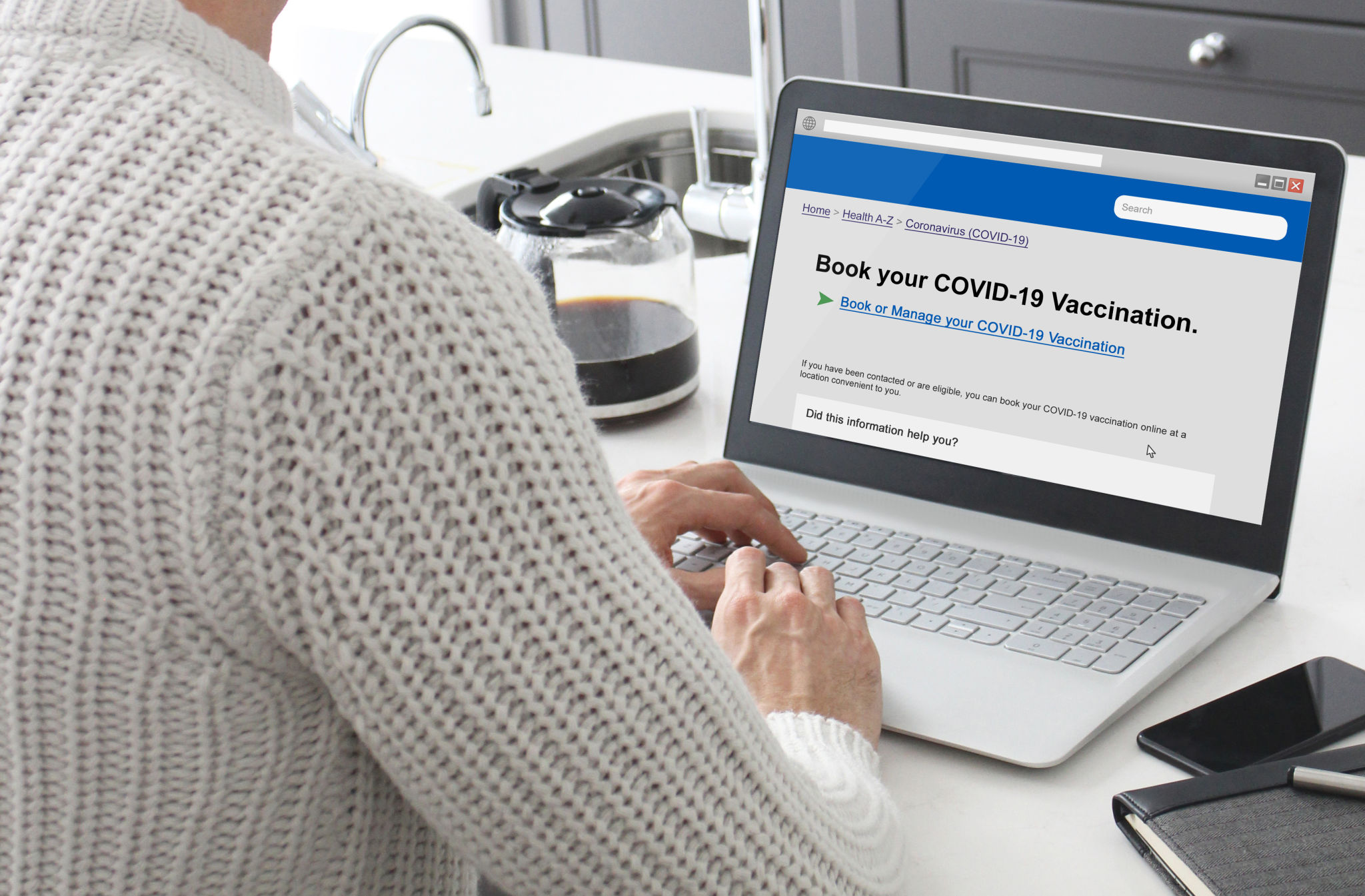Streamlining Patient Communication: The Role of Call Centers in Dental Practices
The Importance of Efficient Patient Communication
In today's fast-paced world, efficient communication with patients is essential for any dental practice aiming to provide exemplary care. Patients expect quick responses, easy appointment scheduling, and consistent follow-ups. A robust call center can be the backbone of streamlining patient communication, ensuring that these demands are met with professionalism and efficiency.
By integrating a dedicated call center into their operations, dental practices can greatly enhance patient satisfaction and retention. Call centers serve as the first point of contact, offering a personal touch that automated systems often lack. They bridge the gap between dental professionals and patients, ensuring that communication is clear and effective.

Enhancing Appointment Scheduling and Follow-Ups
One of the primary benefits of having a call center is the improvement in appointment scheduling and follow-ups. With trained personnel handling calls, patients can easily book or reschedule appointments at their convenience. Call centers can also send reminders via phone or text, reducing no-show rates and optimizing the practice's schedule.
Additionally, call center staff can manage patient inquiries regarding procedures, insurance, and billing. This reduces the administrative burden on dental office staff, allowing them to focus more on patient care during visits. Ultimately, this leads to a more organized and efficient practice.

Leveraging Technology for Seamless Communication
Modern call centers leverage cutting-edge technology to enhance patient communication. Features such as integrated customer relationship management (CRM) systems and automated call distribution ensure that patients are directed to the right representative quickly. This minimizes wait times and improves the overall patient experience.
- CRM systems allow for detailed patient records, ensuring personalized service.
- Automated systems help in routing calls efficiently based on the nature of the inquiry.
- Multichannel support enables communication via phone, email, and chat.

Boosting Patient Satisfaction
A well-functioning call center is instrumental in boosting patient satisfaction. By providing round-the-clock support, they ensure that patients feel valued and heard. This continuous availability is crucial in emergencies or when immediate attention is needed.
Furthermore, call centers can conduct post-visit surveys to gather feedback on services, helping dental practices improve their offerings. This proactive approach not only enhances patient satisfaction but also builds long-term loyalty.
Training and Quality Assurance
To maintain high standards of patient communication, training and quality assurance are vital components of a successful call center. Staff should be well-trained in customer service skills, dental terminology, and practice-specific protocols. Regular training sessions help keep the team updated on new procedures and technologies.
Quality assurance measures, such as call monitoring and feedback loops, ensure that the service provided meets the practice's standards. By continuously assessing performance, practices can identify areas for improvement and implement necessary changes swiftly.

In conclusion, integrating a call center into a dental practice’s operations is a strategic move towards enhancing patient communication. It not only streamlines processes but also elevates the level of care provided to patients. As dental practices continue to evolve, leveraging call centers will become increasingly essential in meeting patient expectations and achieving operational excellence.
